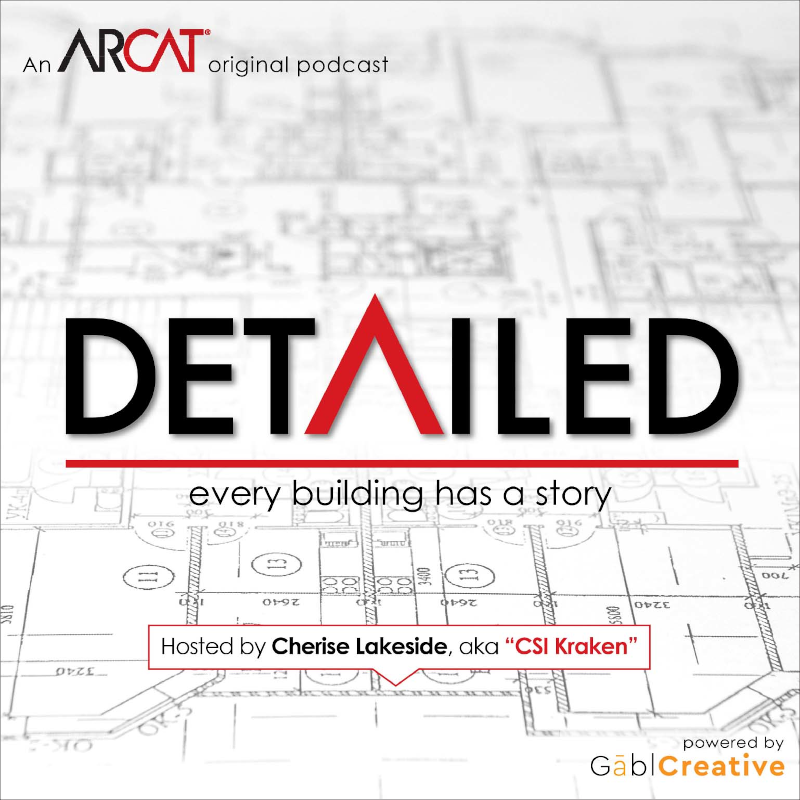|
Contributed by Elias Saltz In my earlier post here on Let’s Fix Construction, I listed a number of ways in which architects contribute to problems that led us to this project of looking for ways we can fix construction. Among that list, I posited “Architects are hesitant to participate in the code-writing process, even though the content of the codes and the way they’re developed directly impact their work.” Admittedly, I count myself among the architects who are not participating in the code-writing process (yet), but decided it would be helpful to do a little research and highlight some of the many organizations in which it is possible to participate. Probably the most visible code-writing organization is the International Code Council (ICC), the publisher of the I-codes such as the International Building Code (IBC). The ICC has multiple committees and councils in which architects can contribute their energy and expertise in the code development process. The most applicable for architects’ contribution is likely to be the Building Code Action Committee, which has responsibility over editing IBC Chapters 1-6, 10-13, 15-25 and 17-35. ICC’s Code Action Committees: “...are code discipline specific committees whose purposes are to enhance the technical requirements of the International Codes. This includes both the technical aspects of the codes as well as the code content in terms of scope and application of referenced standards. This is accomplished by submitting proposed code changes and participating in the code development process.” Membership in ICC is required to be a voting member on any of their technical or governance committees but individual membership are not expensive. They put their committee openings on their website. In addition to membership on its committee, ICC now has a cloud-based system for code development named cdpAccess. The purpose of cdpAccess is to allow the public to submit proposed code changes and comment on others’ proposals. The final determination of whether or not code proposals are accepted still lies with the applicable committees, and online voting by committee members is supported by the system. This site is free to use but requires registration. This article provides useful details about cdpAccess. It is not currently accepting new code proposals at this time, as the several development cycle groups are past the input stage. Next up among the most-used building codes are those published by the National Fire Protection Association (NFPA). NFPA currently has 279 technical committees and approximately 8,900 volunteers. They publish a useful document describing the steps they go through in publishing their codes and standards. The vast majority of architects are likely to be unable to help with most NFPA documents as they most certainly lack sufficient technical knowledge of the topic (like, for example, NFPA 1901: Standard for Automotive Apparatus). However, there are several codes and standards for which architects likely will have relevant experience: NFPA 80: Standard for Fire Doors and Other Opening Protectives, NFPA 99: Health Care Facilities Code and NFPA 101: Life Safety Code, among others. NFPA also lists their technical committees seeking members on their website and encourages visitors to submit an application online. Beyond code-writing organizations, many architects participate in standards development. By far the most familiar organization producing standards is ASTM International. ASTM has dozens of technical committees and over 32,000 volunteers working on developing standards and test methods covering almost everything under the sun. An inexpensive ($75 for an individual) membership in ASTM is required for participation on a committee. This page contains an overview for how ASTM standards are developed (or modified), from inception through publication. Similar to ASTM, the American National Standards Institute (ANSI) promotes and facilitates the voluntary consensus standards for a multitude of industries. It doesn’t write industry standards on its own, but rather accredits other standard-writing organizations according to its ANSI Essential Requirements, and applies its ANSI-numbers to standards developed by those other organizations. It does seek experts to become ANSI members and serve on its technical committees.
American National Standards approved by ANSI are written by a variety of industry associations. Architects can provide their expertise on the standards-writing committees, though usually architects’ entry into trade groups’ committees will be through a professional association like CSI or AIA. Those professional organizations provide delegates to the committees. Examples of organizations accepting professionals into their technical committees include the Builders Hardware Manufacturers Association, Air Barrier Association of America, Tile Council of North America, Steel Door Institute and many many others. There are myriad ways for architects to use their knowledge in developing codes and standards, and can only help them gain a significant amount of new knowledge along the way. As a primary user group of codes, architects have experienced the frustration of convoluted and contradictory language found in the codes. If we can be assistance and can help untangle them, our efforts can be a benefit to all of construction.
0 Comments
Leave a Reply. |
AboutLet's Fix Construction is an avenue to offer creative solutions, separate myths from facts and erase misconceptions about the architecture, engineering and construction (AEC) industry. Check out Cherise's latest podcast
Get blog post notifications hereArchives
March 2022
Categories
All
|


 RSS Feed
RSS Feed
